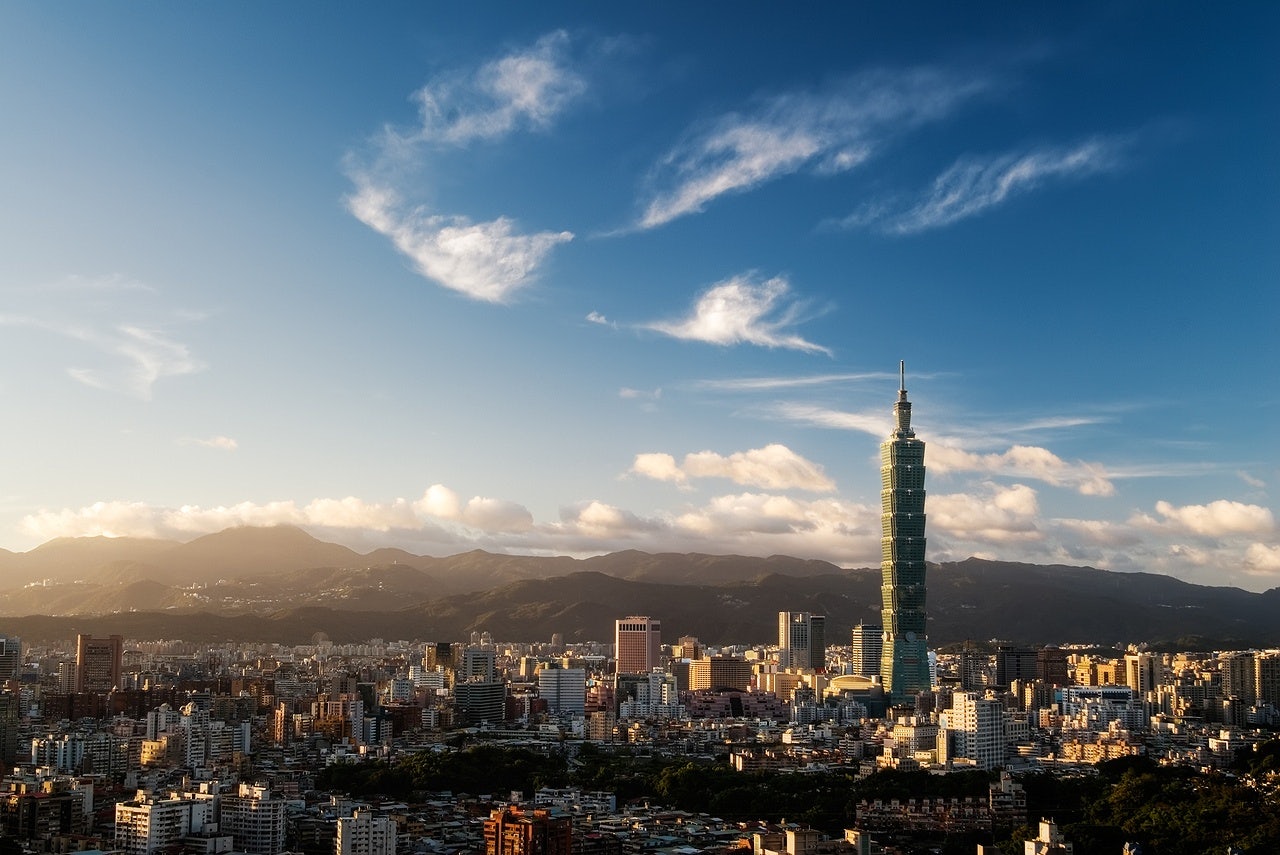Once hailed as a key up-and-coming luxury shopping destination for Chinese travelers, Taiwan is now seeing a mainland visitor slump that shows just how abruptly politics can alter the Chinese tourism market in Asia.
After Taiwan’s newly elected president Tsai Ing-wen entered office in May, mainland Chinese tourist numbers dropped 15 percent from May 20 to July 26, according to Taiwan’s National Immigration Agency (NIA). While mainland China’s Taiwan Affairs Office contends that this slump is due to “market demand” and not political reasons, it came as China suspended diplomatic relations with Taiwan because Tsai Ing-wen will not endorse the 1992 Consensus, which states that mainland China and Taiwan are part of “one China.” Taiwan’s media has reported that Chinese travel agents informed travel representatives in Taiwan that Chinese visitor numbers would be reduced by 30 percent between March 20 and June 30.
This marks a big divergence from last year’s talk about Taiwan as the next big Chinese tourism hotspot, with Taipei being hailed as part of the new “TST” Chinese luxury shopping trifecta of Tokyo, Seoul, and Taipei—replacing Hong Kong’s Tsim Sha Tsui shopping district as Chinese tourists stayed away. Over 4 million Chinese travelers visited Taiwan last year, while more than 1.78 million arrived between January and February for a 13.8 percent rise compared to 2015.
But Taiwan’s slump is only one example of how quickly Chinese tourists’ travel destination choices can change with the political tide in Asia. Japan, which has been seeing a massive Chinese tourism and shopping boom, not long ago saw Chinese tourist numbers plummet in the wake of China’s anti-Japanese riots and boycotts in 2012.
Anti-mainland Chinese sentiment can also take a toll at destinations, as this has been cited as one of the reasons for Hong Kong’s current mainland tourism decline. Vietnam, which has been trying to develop as a top gambling and beach destination, saw violent anti-China riots in 2014 that left more than 20 dead and led to the evacuation of all Chinese visitors.
Some of Taiwan’s citizens have been exhibiting their own anti-mainland sentiments in the wake of the situation, sharing on social media parody tourism ads celebrating the decrease in Chinese tourists. "No more trouble caused by Chinese tourists. A carefree journey begins here,” said one of the images being circulated.
A more stable market, however, may be the independent Chinese traveler segment that’s not swayed by the number of group tours being offered by an agency at a given time. Taiwan’s mainland tourism decline is mainly coming from group tours, according to NIA, which says that independent Chinese travelers have actually grown at 10 percent over the same time period. But even this market depends on easy access to permits, which could easily be cut off if the relationship sours further. These developments will likely send a message to retailers banking on Chinese tourist spending that when it comes to Asia, they can’t assume that their top location now will still be seeing growth tomorrow.
